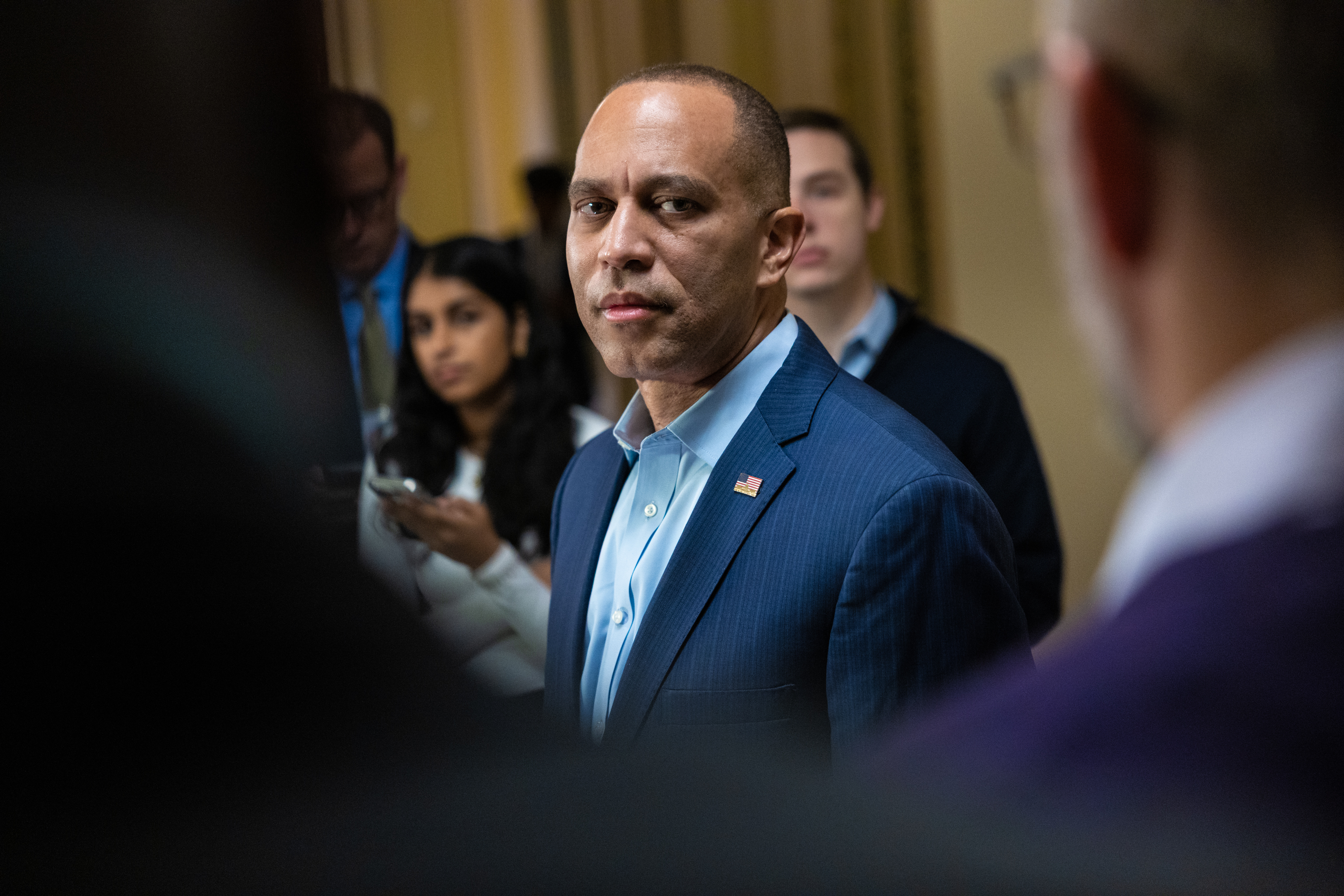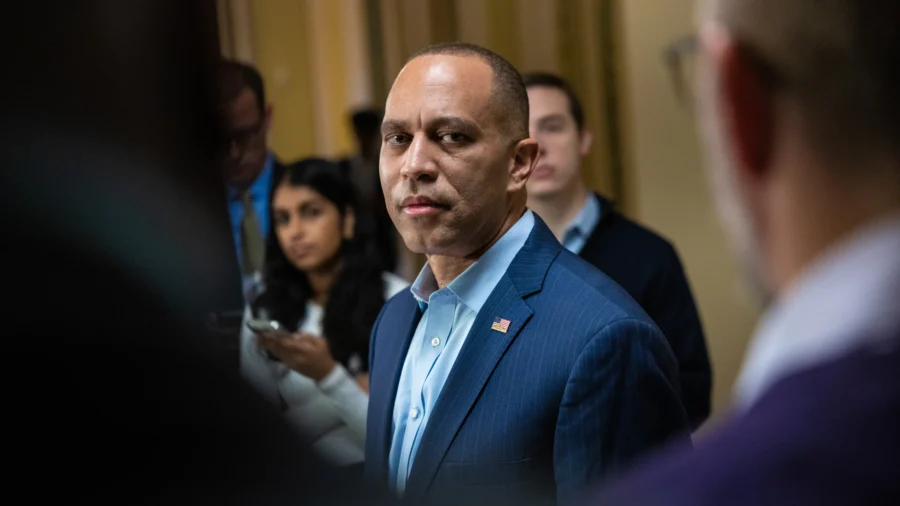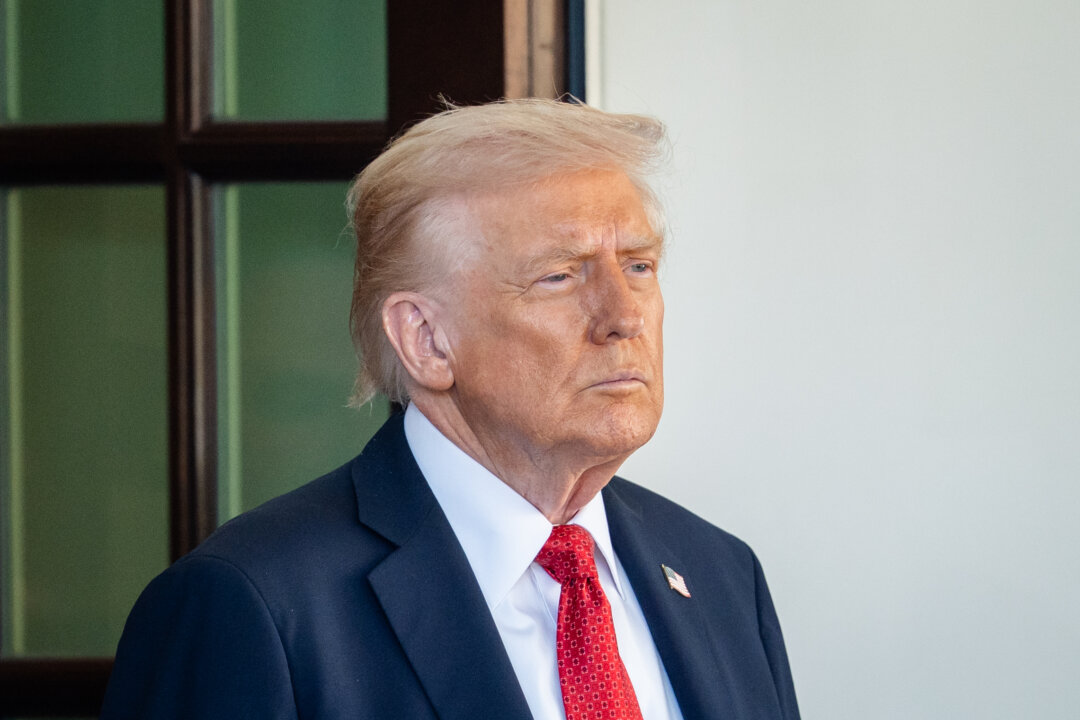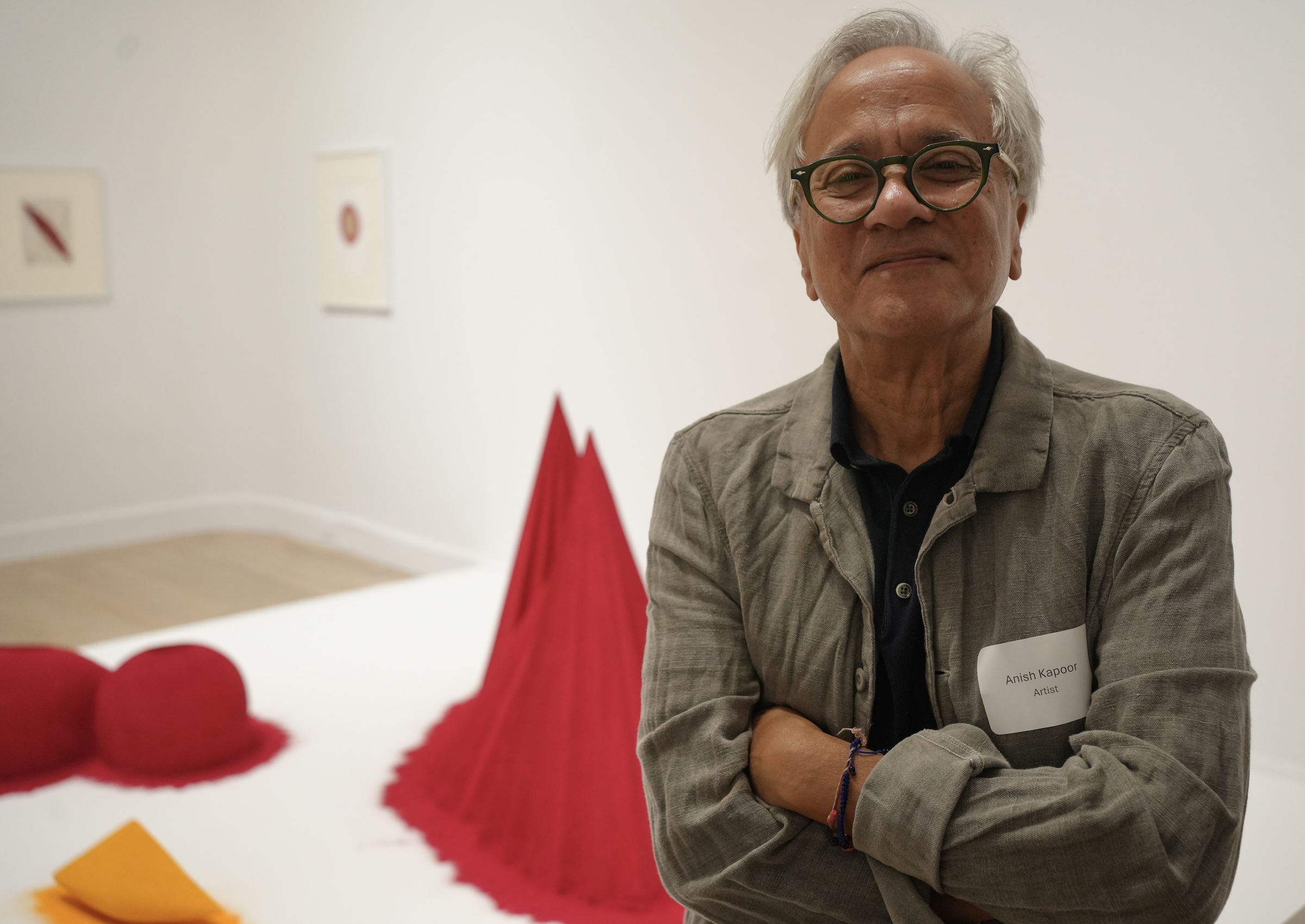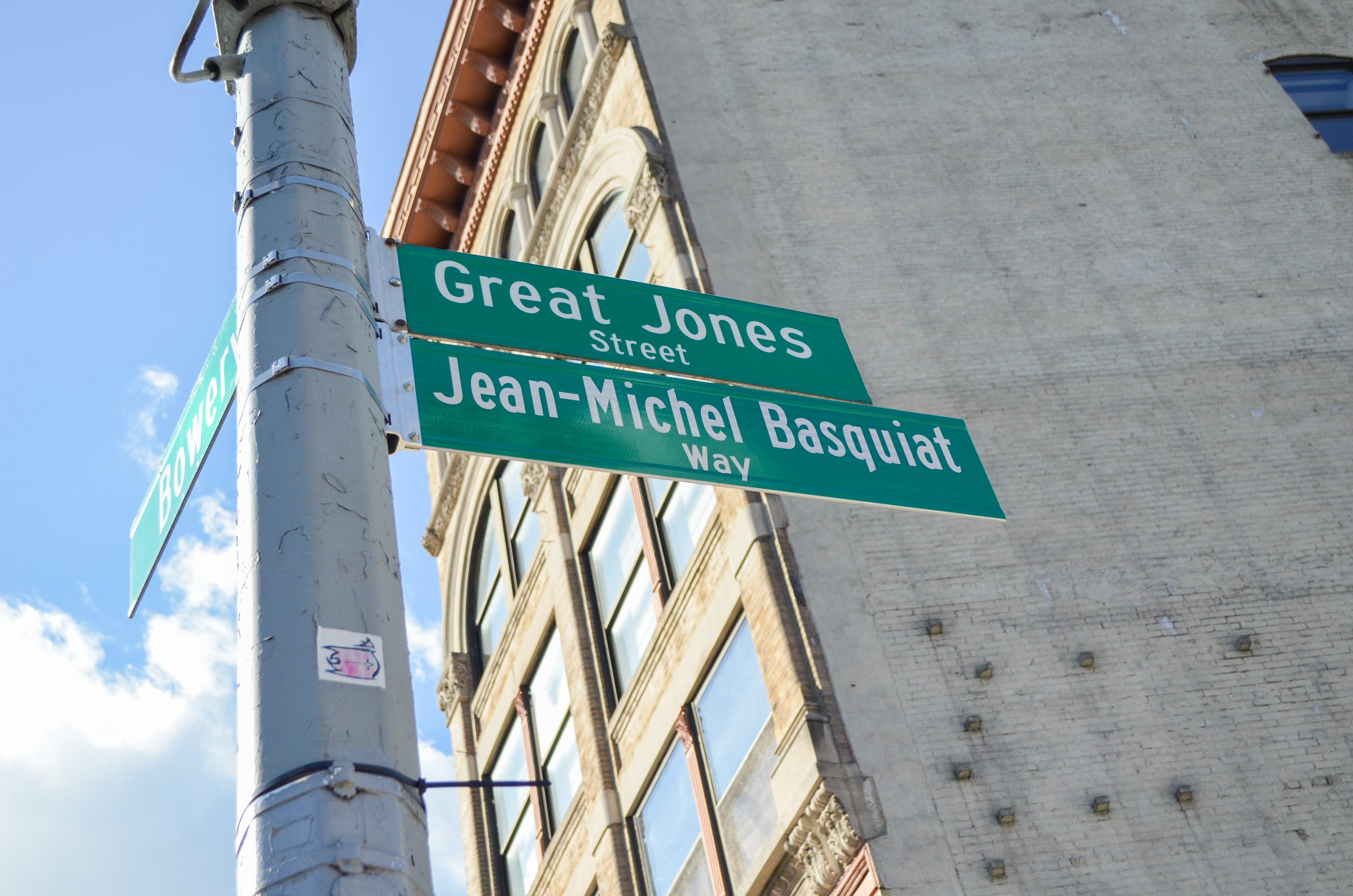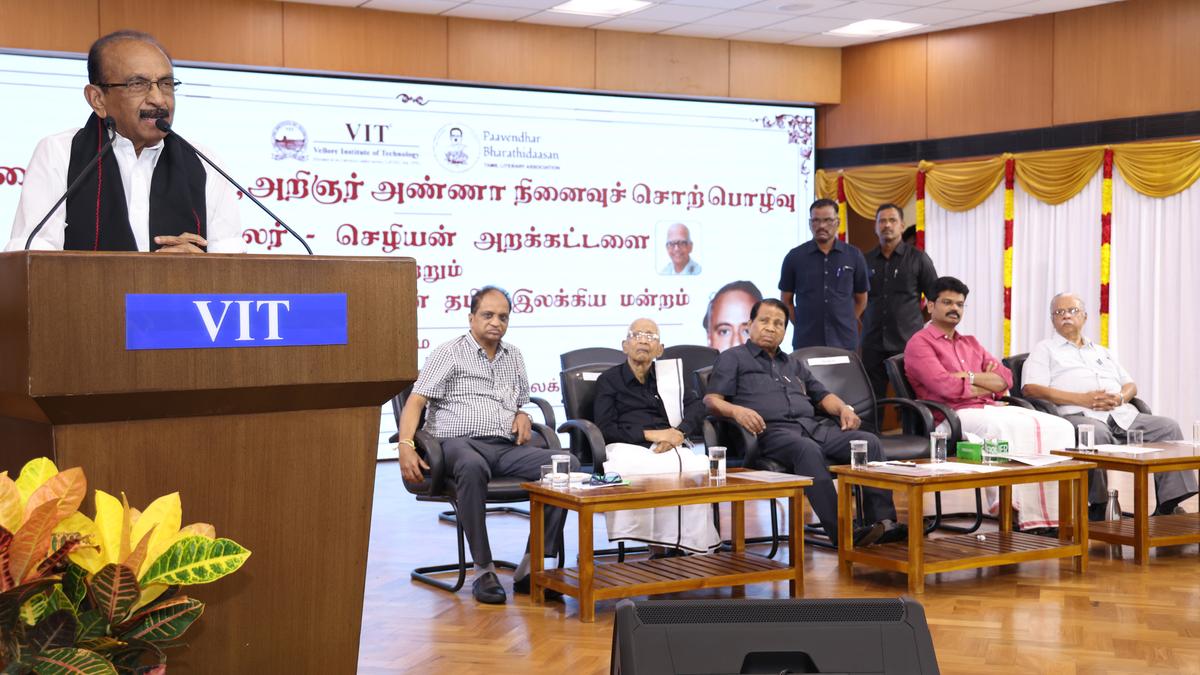Gen Z rising or BBC itching for riots? How the western media is yearning for India to burn like Nepal
Every few months, BBC India publishes a piece that blurs the line between journalism and psychological warfare. Recently, it published an essay titled “Gen Z rising? Why young Indians aren’t taking to the streets”, the latest addition to this tradition of subtle sabotage. At first glance, the article poses a harmless sociological question: why is India’s Gen Z, despite being vast, restless, and hyper-connected, not staging revolutions like their peers in Nepal or Bangladesh? Scratch the surface, and the essay reads less like an analysis and more like an incitement, an open call for Indian youth to “rise up” in rebel and imitate the chaos unfolding across the border. For a platform that insists on its neutrality, the BBC’s romanticisation of violent uprisings is striking. Its tone suggests disappointment, not relief, that Indian students haven’t yet taken to arson, vandalism, and regime change. And this isn’t merely a colonial hangover yearning to see a former subject in disarray for moral sermonising from afar, it’s something far more deliberate, ideological, and deeply political. A masterclass in subtle agitation The structure of the BBC’s essay is textbook propaganda. It begins by admiring Asia’s “restless” Gen Z, those brave young souls who “brought down governments in 48 hours” as if the collapse of institutions were a badge of progress. Then comes the inevitable comparison: India’s youth are “fragmented”, “afraid”, and “detached”. The implication is clear: they are failing their generational duty by not rioting. The framing is psychological, not analytical. Words like “fear of being branded anti-national” and “government demonising protest” are planted to stir guilt, not introspection. This is not journalism seeking to understand why Indian youth are calm. It is agitation disguised as analysis, a suggestion that calmness equals cowardice and restraint equals repression. The Nepal Template: BBC’s new obsession The piece finds its inspiration in neighbouring Nepal, where a supposed “Gen Z revolution” toppled the KP Oli government in September 2025. BBC describes it with almost cinematic flair as if watching a historic moment of youthful heroism. But behind the glamour lies a gruesome truth. The Nepal uprising left nearly 20 dead, homes of former prime ministers burnt, ministers assaulted, and heritage sites like the Singha Durbar complex vandalised. The army had to impose curfew, and the country now teeters on military rule. BBC, however, cherry-picks this chaos as a success story, a “template” India’s youth should supposedly emulate. What the article doesn’t tell you is that even Nepali protestors themselves distanced themselves from the violence, insisting that infiltrators had hijacked their movement. But why would the BBC mention that? Because the purpose is not to inform. The purpose is to seed an idea that India’s “restless” Gen Z should follow the “heroic” footsteps of Nepal’s rioters. Selective amnesia: When protests turn bloody Notice how the BBC recalls India’s past street movements from the Anna Hazare agitation to the CAA protests with nostalgia, as though they were the golden age of dissent. Yet, when it comes to the blood, destruction, and communal fractures those protests left behind, the BBC goes conveniently silent. In the CAA protests, mobs burnt public property, blocked roads, and in Delhi, communal violence erupted, leaving over 50 people dead. The “student leaders” the BBC now romanticises were not Gandhian satyagrahis but radical organisers accused of fomenting riots. By portraying such movements as “noble” while lamenting today’s absence of similar uprisings, the BBC is essentially mourning the loss of chaos. It misses the era when India could be portrayed as “unstable” and “oppressive”, headlines that sell better in London newsrooms than “India growing at 8%.” The ‘anti-national’ smokescreen A key rhetorical device in the article is the term “anti-national.” According to the BBC’s framing, the fear of being labelled anti-national has paralysed young Indians from taking to the streets. It’s a clever trick, equating national pride with authoritarianism and dissent with heroism. But the reality is that Indians have simply matured. They’ve seen how “activism” can be weaponised by vested interests. From Shaheen Bagh’s organised blockades to foreign-funded NGOs masquerading as student movements, Gen Z is not silent because it is scared; it is silent because it has grown wiser. They’ve realised that burning buses doesn’t create jobs, pelting stones doesn’t fix corruption, and toppling governments doesn’t guarantee a better tomorrow. India’s Gen Z is building startups, writing code, making films, and exploring the world, not wasting its energy on political theatre staged by external puppeteers. The Ghost of 2019: BBC’s nostalgia for street anarchy When the BBC invokes Umar Khalid’s incarceration and Jamia clashes, it’s no
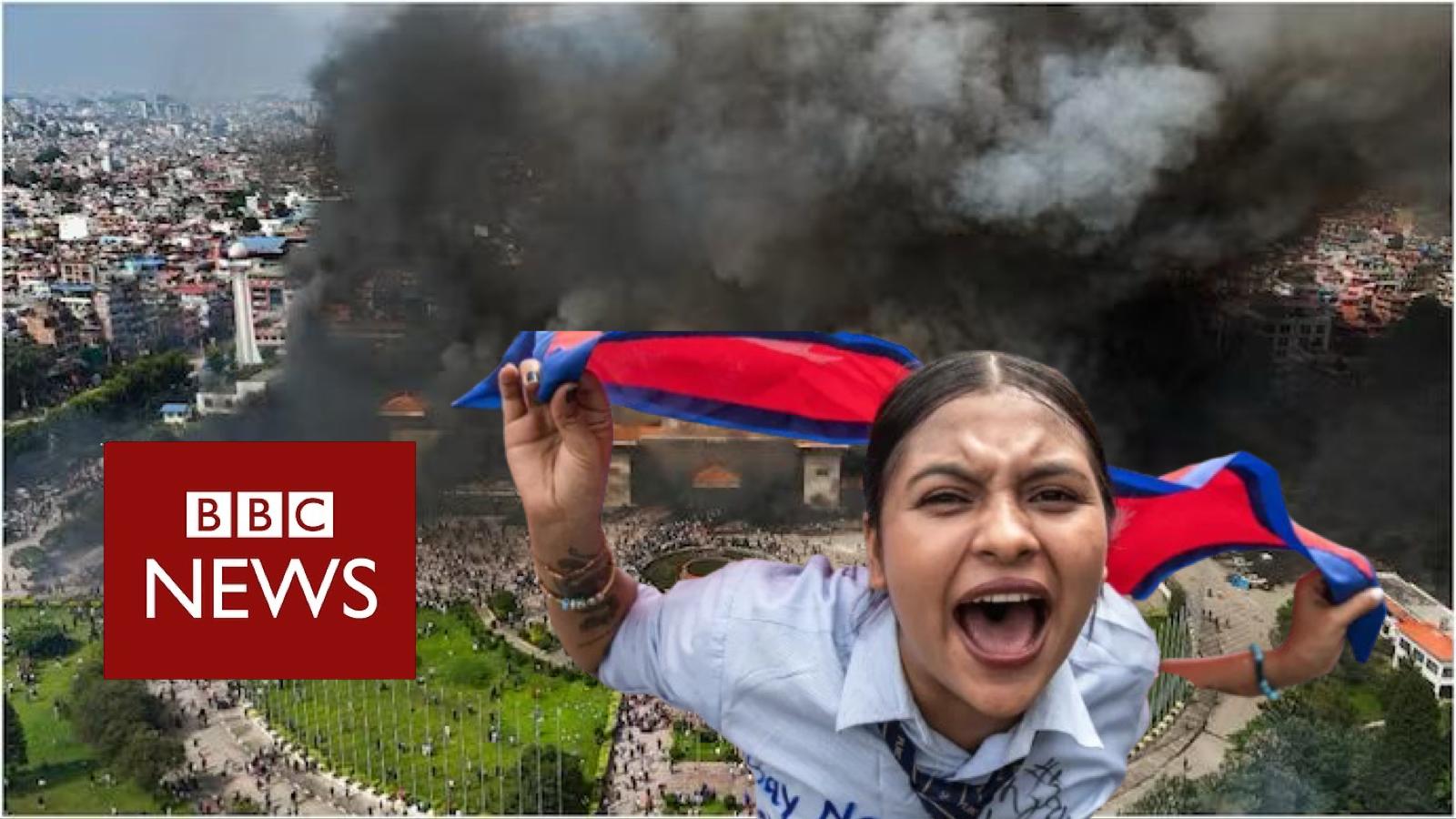


Every few months, BBC India publishes a piece that blurs the line between journalism and psychological warfare. Recently, it published an essay titled “Gen Z rising? Why young Indians aren’t taking to the streets”, the latest addition to this tradition of subtle sabotage.
At first glance, the article poses a harmless sociological question: why is India’s Gen Z, despite being vast, restless, and hyper-connected, not staging revolutions like their peers in Nepal or Bangladesh? Scratch the surface, and the essay reads less like an analysis and more like an incitement, an open call for Indian youth to “rise up” in rebel and imitate the chaos unfolding across the border.

For a platform that insists on its neutrality, the BBC’s romanticisation of violent uprisings is striking. Its tone suggests disappointment, not relief, that Indian students haven’t yet taken to arson, vandalism, and regime change. And this isn’t merely a colonial hangover yearning to see a former subject in disarray for moral sermonising from afar, it’s something far more deliberate, ideological, and deeply political.
A masterclass in subtle agitation
The structure of the BBC’s essay is textbook propaganda. It begins by admiring Asia’s “restless” Gen Z, those brave young souls who “brought down governments in 48 hours” as if the collapse of institutions were a badge of progress.
Then comes the inevitable comparison: India’s youth are “fragmented”, “afraid”, and “detached”. The implication is clear: they are failing their generational duty by not rioting.
The framing is psychological, not analytical. Words like “fear of being branded anti-national” and “government demonising protest” are planted to stir guilt, not introspection. This is not journalism seeking to understand why Indian youth are calm. It is agitation disguised as analysis, a suggestion that calmness equals cowardice and restraint equals repression.
The Nepal Template: BBC’s new obsession
The piece finds its inspiration in neighbouring Nepal, where a supposed “Gen Z revolution” toppled the KP Oli government in September 2025. BBC describes it with almost cinematic flair as if watching a historic moment of youthful heroism.
But behind the glamour lies a gruesome truth. The Nepal uprising left nearly 20 dead, homes of former prime ministers burnt, ministers assaulted, and heritage sites like the Singha Durbar complex vandalised. The army had to impose curfew, and the country now teeters on military rule.
BBC, however, cherry-picks this chaos as a success story, a “template” India’s youth should supposedly emulate. What the article doesn’t tell you is that even Nepali protestors themselves distanced themselves from the violence, insisting that infiltrators had hijacked their movement.
But why would the BBC mention that? Because the purpose is not to inform. The purpose is to seed an idea that India’s “restless” Gen Z should follow the “heroic” footsteps of Nepal’s rioters.
Selective amnesia: When protests turn bloody
Notice how the BBC recalls India’s past street movements from the Anna Hazare agitation to the CAA protests with nostalgia, as though they were the golden age of dissent. Yet, when it comes to the blood, destruction, and communal fractures those protests left behind, the BBC goes conveniently silent.
In the CAA protests, mobs burnt public property, blocked roads, and in Delhi, communal violence erupted, leaving over 50 people dead. The “student leaders” the BBC now romanticises were not Gandhian satyagrahis but radical organisers accused of fomenting riots.
By portraying such movements as “noble” while lamenting today’s absence of similar uprisings, the BBC is essentially mourning the loss of chaos. It misses the era when India could be portrayed as “unstable” and “oppressive”, headlines that sell better in London newsrooms than “India growing at 8%.”
The ‘anti-national’ smokescreen
A key rhetorical device in the article is the term “anti-national.” According to the BBC’s framing, the fear of being labelled anti-national has paralysed young Indians from taking to the streets. It’s a clever trick, equating national pride with authoritarianism and dissent with heroism.
But the reality is that Indians have simply matured. They’ve seen how “activism” can be weaponised by vested interests. From Shaheen Bagh’s organised blockades to foreign-funded NGOs masquerading as student movements, Gen Z is not silent because it is scared; it is silent because it has grown wiser.
They’ve realised that burning buses doesn’t create jobs, pelting stones doesn’t fix corruption, and toppling governments doesn’t guarantee a better tomorrow. India’s Gen Z is building startups, writing code, making films, and exploring the world, not wasting its energy on political theatre staged by external puppeteers.
The Ghost of 2019: BBC’s nostalgia for street anarchy
When the BBC invokes Umar Khalid’s incarceration and Jamia clashes, it’s not as an academic reference; it’s an emotional trigger. It wants to rekindle the memory of “brutal state suppression” and reframe 2019 as unfinished business.
The subtext is unmistakable: “You saw what happened to your seniors. Don’t you want to fight back?” This is not journalism, it’s emotional manipulation.
The BBC pretends to mourn the “loss of university protest culture” but what it’s really mourning is the Modi government’s success in restoring campus discipline and stopping educational institutions from being hijacked by political outfits.
India’s campuses have evolved from battlegrounds of ideological indoctrination to hubs of innovation. That transformation, of course, is intolerable to the BBC, which prefers its Indian youth angry, aimless, and anti-establishment.
Fragmented or free? BBC’s doublethink
Throughout the article, the BBC presents India’s diversity as a weakness, stating that the country’s youth cannot unite because they’re divided by caste, language, and region. But the same diversity is celebrated as “vibrant multiculturalism” when convenient.
In Nepal or Bangladesh, homogeneity makes mass mobilisation easy. But in India, decentralisation is the soul of democracy. The BBC calls this “fragmentation.” Indians call it federalism.
BBC’s yearning for a “unified national youth uprising” betrays its colonial mindset, an obsession with singularity, uniformity, and chaos that can be broadcast as crisis.
The West’s problem: India’s stability
The BBC’s disappointment is not with India’s youth, it’s with India’s stability. Nepal, Bangladesh, and Sri Lanka are useful examples for Western media precisely because they remain unstable enough to be studied as “exotic democracies.” But India, with its 370 million Gen Z citizens and yet an unbroken constitutional order, spoils that narrative.
Every election, including 2024, proves that young Indians are not disillusioned but discerning. The BJP continues to command strong youth support, not through coercion, but through performance, infrastructure, welfare, nationalism, and digital empowermentThis is why BBC’s claim that youth “avoid politics” rings hollow.
Young Indians have simply migrated from street activism to digital and electoral activism where their voice matters more and their protest doesn’t get hijacked by professional anarchists.
BBC’s hidden despair: The Modi factor
At the heart of the BBC’s lament is not sociology but politics. The Western establishment, led by outlets like BBC, The Guardian, and The New York Times, has never forgiven Narendra Modi for two things: First, for unapologetically asserting India’s Hindu civilisational identity; and second, for doing so democratically, through the ballot, not the bullet.
When Modi consecrated the Ram Mandir at Ayodhya, it wasn’t merely a religious ceremony; it was a civilisational correction. It signalled to the world that India will no longer apologise for its faith, nor define secularism as the absence of Hindu identity. For the BBC’s worldview, this was blasphemy.
It thrives on binaries: majority equals oppressor, nationalism equals fascism, stability equals authoritarianism. So when India’s youth reject these binaries and choose progress over protest, the BBC’s ideological ecosystem panics.
The Western media’s revolt fetish
There’s something disturbingly voyeuristic about how Western outlets cover uprisings in the Global South. They cheer revolutions from afar, then disappear when the rubble sets in.
From the Arab Spring to the Sri Lankan protests, Western media lionised “youth-led revolts” only to move on when those countries slid into instability, hyperinflation, or civil conflict.
Now they’re looking for a new playground, and India, with its vast youth population, is the ultimate prize.
That’s why the BBC’s essay reads less like journalism and more like a recruitment poster: “Look at your neighbours. Don’t you want to be like them?”
But Indians are no longer gullible. They’ve seen how these “leaderless” movements end, not in democracy, but in disarray.
The real Gen Z revolution: Silent, digital, and decisive
India’s Gen Z doesn’t need to storm the streets to make history. Their revolution is quieter but deeper in startups, civic tech, digital governance, and a renewed pride in identity. They’re coding the next Aadhaar, not chanting slogans on the streets of Delhi. They’re earning in dollars from Tier-3 towns, not burning tyres on highways.
This is the new face of Indian dissent, constructive, not destructive. And that’s precisely what unnerves the BBC, a generation that cannot be radicalised, only inspired.
Why the BBC wants India to bleed
When the BBC writes that India’s Gen Z is “watchful but not rebellious,” it’s not a compliment. It’s a lament. What it truly wants is footage of broken glass, tear gas, and tricolour-tinted turmoil that can once again depict India as a land of unrest.
Because for the BBC, a peaceful, confident, and self-assured India under Modi is the ultimate nightmare. It cannot process a Hindu-majority democracy that thrives without apologising for its faith, that dismantles the street veto, and that refuses to bow to Western moral lecturing.
The same BBC that glorified arson in Kathmandu would call it “democratic expression” in Delhi, until, of course, the fires spread too close to its own embassies.
Rahul Gandhi and the BBC Connection
Interestingly, BBC’s provocation hasn’t echoed in isolation. Within days of the Nepal uprising that toppled KP Oli’s government, Rahul Gandhi suddenly discovered his newfound love for India’s Gen Z, timing that can only be described as politically convenient.
On X, Gandhi proclaimed that ‘Gen Z will save the Constitution and stop voter fraud,’ followed by his party’s bizarre attempt at a “Gen Z anthem”, a rap song romanticising rage and rebellion, branding it as the “voice of young India.”
It’s not difficult to see the perfect symmetry between BBC’s lament and Congress’s latest gimmick. The British broadcaster frames Indian youth as subdued victims of fear; Rahul Gandhi steps in to “awaken” them with slogans, songs, and curated outrage. One lays the intellectual groundwork, the other provides the political script.
This synchronisation isn’t accidental; it’s ecosystemic. Both share the same premise: that India’s youth must rebel, not reform; destroy, not debate. The BBC writes the narrative; the Congress amplifies it, hoping a spark on social media will ignite on the streets.
India’s calm is its reassurance in its current leadership
But so far, the Indian youth has reposed its faith in democracy and its current leadership. But it is not just trust, it is so much more than that.
The genius of India’s democracy is not in its noise, but in its restraint. For a billion people to coexist, argue, and vote without burning down their capital is not a weakness. It’s civilisation.
The BBC may crave another Shaheen Bagh, but India has moved on. The Modi government has redefined the idea of participation from street revolts to digital empowerment, from protests to policy engagement. And India’s youth, far from being “suppressed,” are simply too busy building the nation BBC loves to doubt.
So, no, Gen Z is not “failing” its destiny. It’s fulfilling it in silence. And that silence, for the BBC, is deafening.



